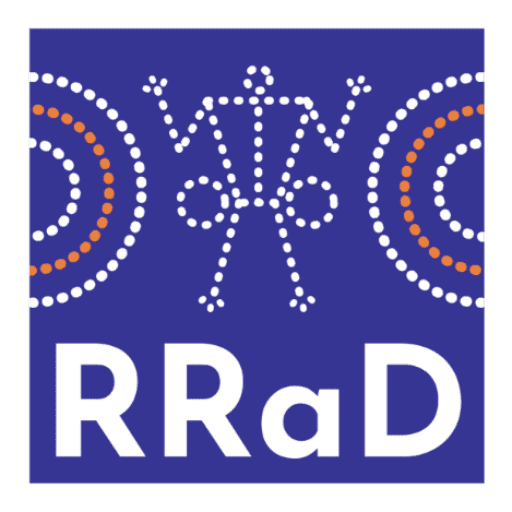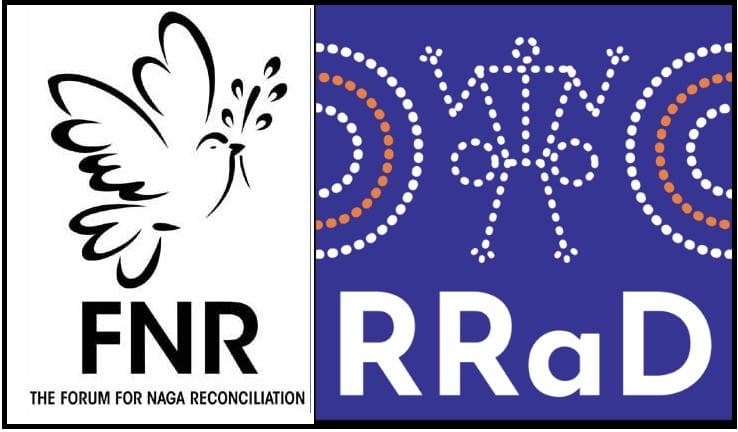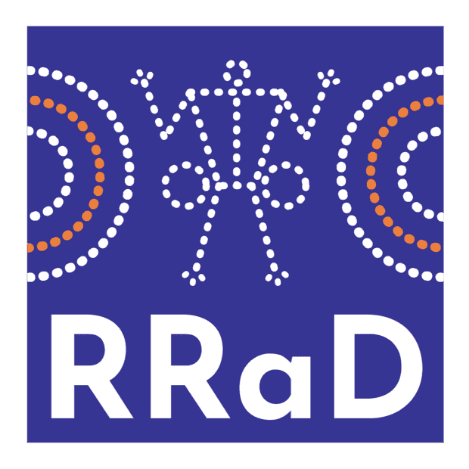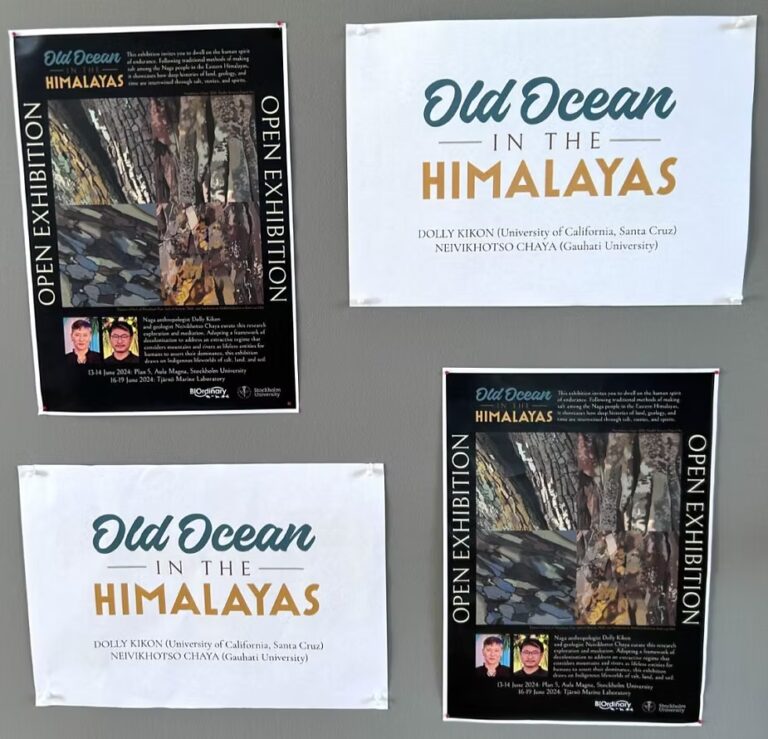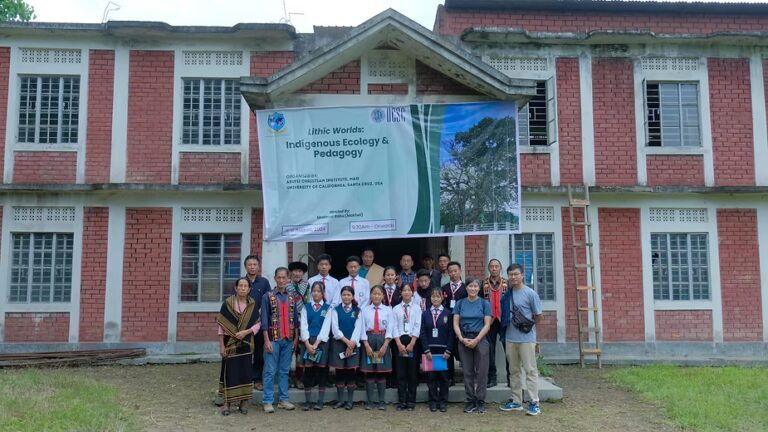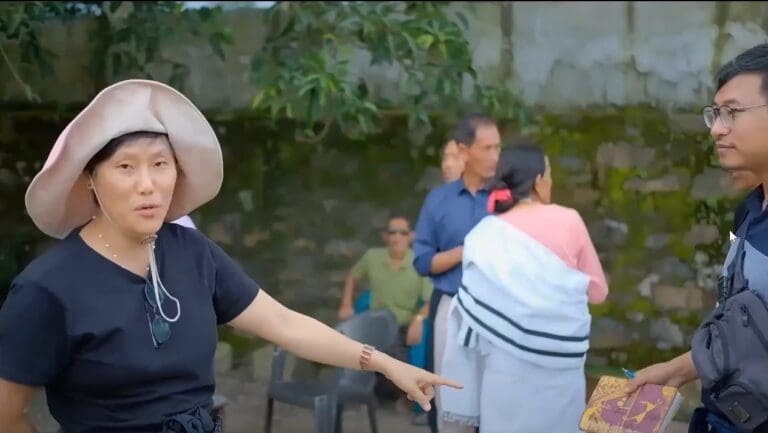Dimapur, June 8 (MExN): In a first, a Naga delegation is visiting the Pitt Rivers Museum (PRM), University of Oxford in Oxford, in the spirit of strengthening the Naga process of repatriating the ancestral human remains currently under the care of the PRM.
The weeklong visit of the delegation, comprising leaders and elders from several Naga tribe hohos, along with members of the Forum for Naga Reconciliation (FNR) and the Recover, Restore and Decolonise (RRaD) team, is scheduled from June 8 to June 14.
The delegation’s visit is a momentous historic occasion for the Naga people as, for the first time, the PRM, which holds the largest Naga collection in the world, will be hosting a Naga delegation that will be given access to the ancestral human remains, the FNR noted in a statement.
The delegation looks forward to collaborating with museum staff through dialogue, co-learning, and discussing how the museum cares for ancestors, as well as closely examining the return process and the way forward, it said.
Throughout the visit, the Naga delegation is committed to ensuring that the process is a Naga-led dialogue to explore a pathway for the return and future care of Naga ancestral human remains, it added.
The focus of this visit, the FNR maintained, will be around the repatriation of remains held in the collections of the PRM, alongside the future of Naga collections.
Altogether, around 219 Naga ancestral human remains are under the care of the PRM, it said.
Recognising PRM’s ‘Committed to Change’ and ‘Strategic Plan’ to engage with communities and to reconcile with the colonial past as a sincere paradigm shift, the FNR sees this collaboration as a significant step toward addressing colonial violence, it added.
As per the Forum, this involves Naga people rewriting and retelling their stories by focusing on social justice and decolonisation and beginning healing from the burdens of a violent colonial past.
The FNR further noted that since November 2020, through the lens of healing and reconciliation, the forum has been serving as a facilitator to seek the Naga people’s consent, participation, and active support, specifically from the Naga tribe hohos.
To enable the process of identifying, claiming, and eventually recovering the Naga ancestral human remains, FNR formed the RRaD team to conduct participatory action research with Naga communities, it said.
The RRaD’s efforts are generating public awareness and strengthening networks with other Indigenous nations regarding the recovery of ancestral remains from various parts of the world, it added.
At this historic time, the FNR said it is reaching out to the Naga people for their support and solidarity.
A Naga pathway to repatriation needs to be dynamic and robust, and although the Naga response needs to be distinct, it must also be relatable, inclusive, interactive, and contribute to the international processes and discourses around repatriation, it held.
As a facilitator, FNR is open to engaging in dialogue and continues to invite suggestions and constructive criticism as we make the way forward together, it added.
First published in The Morung Express June 8 2025
